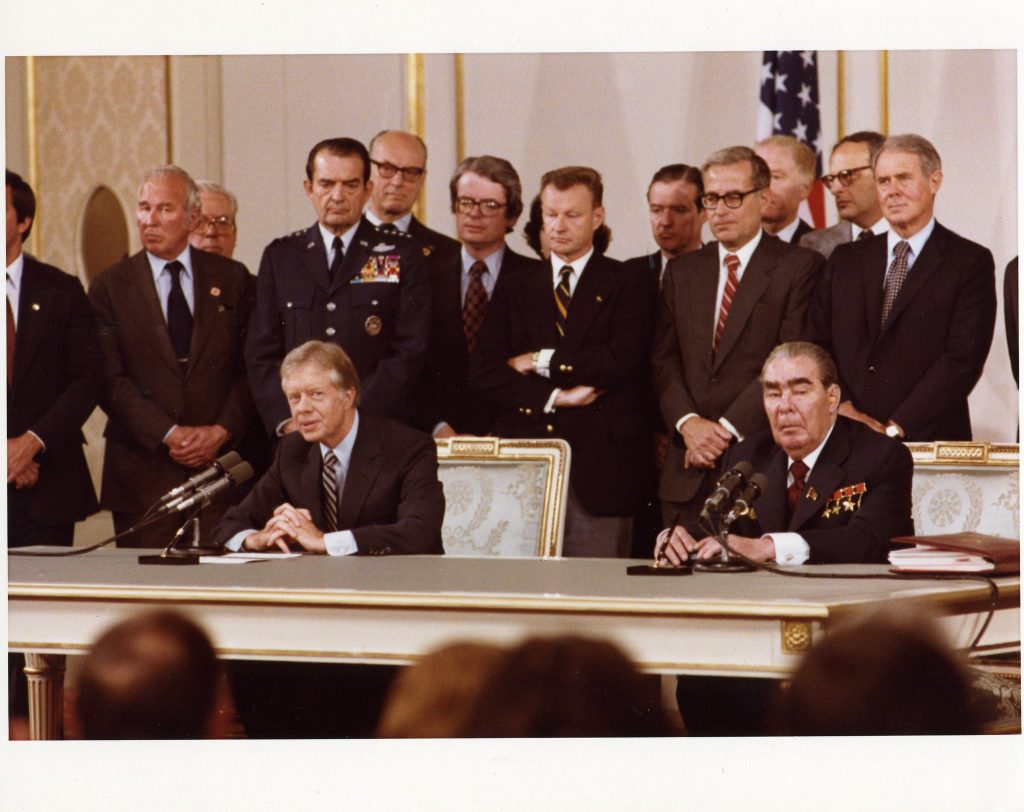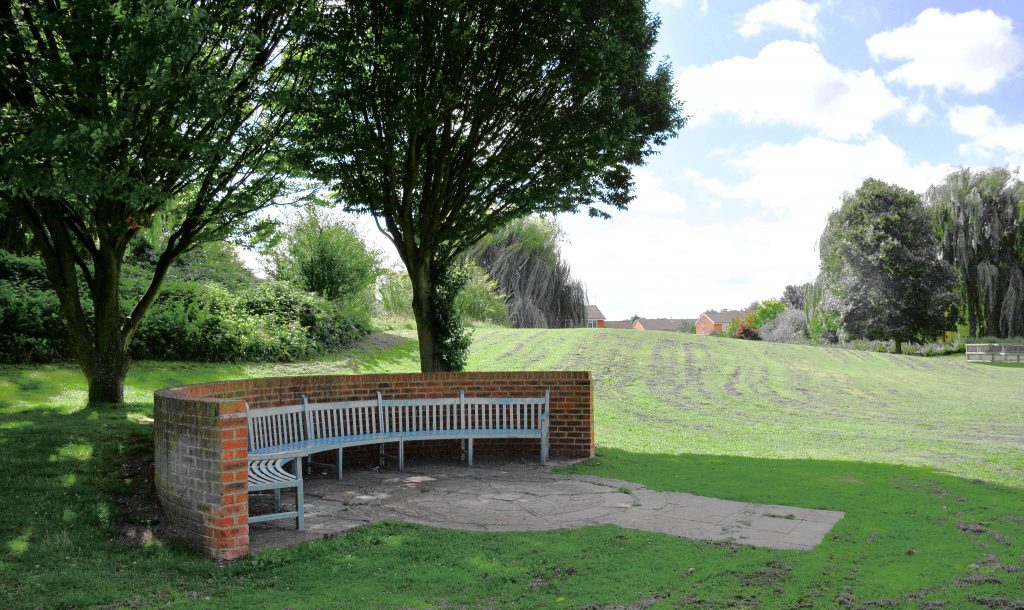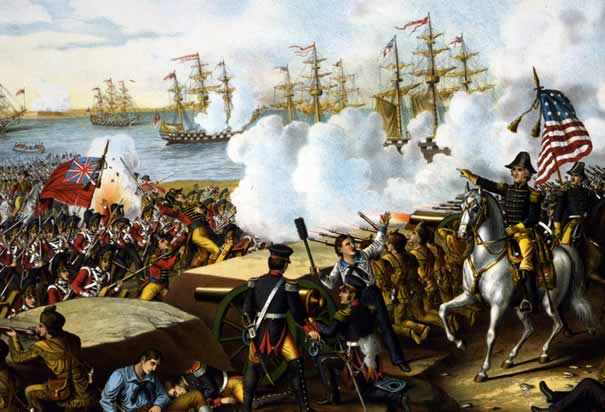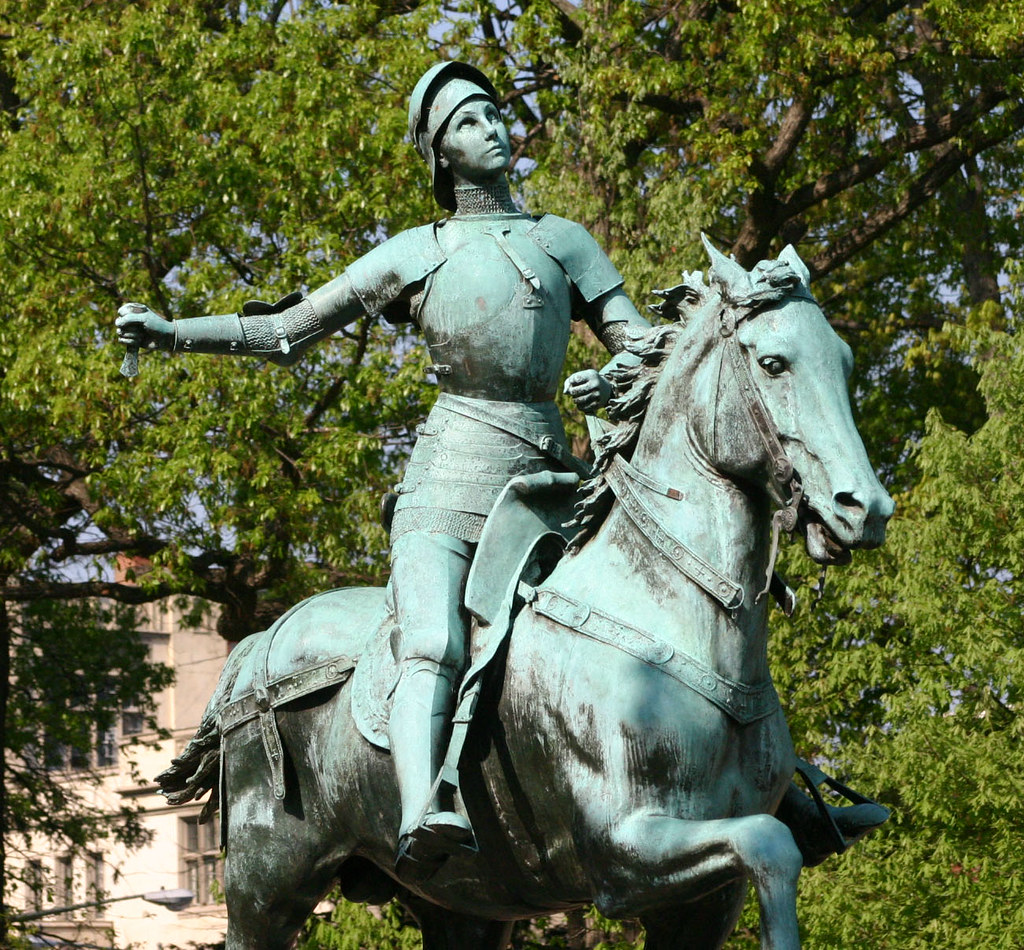A closer look at key historic events that took place on June 18:
In 1983, the first American woman is launched into space
Astronaut
Sally Ride, was launched into space with four other member aboard the Space Shuttle Challenger on mission STS-7 on June 18.

In 1983, Sally Ride became the first American woman in space. She started a company designed to encourage girls’ interest in space and science, and she directs a NASA program called EarthKam, which allows middle-school students to view satellite photos of Earth. Illustrates KIDSPOST-MARS-RIDE (category l), by Fern Shen (c) 2002, The Washington Post. Moved Wednesday, May 1, 2002. (MUST CREDIT: NASA photo.)
In 1979, the SALT II Treaty is signed
The
SALT II Treaty (Strategic Arms Limitation Talks) was signed by U.S. President
Jimmy Carter and Soviet General Secretary
Leonid Brezhnev. This treaty aimed to curb the arms race by limiting the number of strategic nuclear weapons and launchers possessed by each superpower. Although it was never ratified by the U.S. Senate due to deteriorating relations, both sides adhered to its terms until the mid-1980s.

President Carter and Soviet General Secretary Leonid Brezhnev sign the Strategic Arms Limitation Talks (SALT II) treaty. Washington, DC. June 16, 1979. CSIS.
In 1972, 118 die in the Staines Air Disaster
The disaster occurred on June 18, when British European Airways Flight 548 crashed shortly after takeoff from London Heathrow Airport. The Hawker Siddeley Trident jet experienced a stall and plummeted into a field near Staines, Surrey. All 118 passengers and crew on board were killed, making it the deadliest air disaster in the United Kingdom at the time.

Memorial of the disaster. Flickr
In 1815, Napoleon is defeated in the Battle of Waterloo
This decisive
battle saw the forces of the Seventh Coalition, led by the Duke of Wellington and Prussian General Gebhard Leberecht von Blücher, overcome
Napoleon’s French army. The defeat ended Napoleon’s rule as Emperor of the French and marked the end of the Napoleonic Wars, ending 23 years of recurrent warfare between France and the other powers of Europe.

The Battle of Waterloo, June 18th 1815. Depicting Arthur Wellesley, the Duke of Wellington. The defeat of the French forces of Napoleon Bonaparte. The last major battle of the Napoleonic wars. Wikimedia Commons
In 1812, the War of 1812 begun
The War of 1812 began on June 18 when the United States declared war on Great Britain. The conflict arose from issues such as trade restrictions due to Britain’s ongoing war with France, the impressment of American sailors into the British Navy, and British support for Native American tribes against American expansion. The war lasted until 1815 and ended with the signing of the Treaty of Ghent.

Major General Andrew Jackson and his Soldiers claim a victory in the Battle of New Orleans during the War of 1812. Wikimedia Commons
In 1429, Joan of Arc leads the French army against the English at Patay, France.
The decisive victory of the French was a significant turning point in the Hundred Years’ War, as it boosted French morale and marked the decline of English dominance in France. Joan’s leadership and the French victory at Patay played a crucial role in the eventual coronation of Charles VII as the King of France.

Joan of Arc on the upper park at Meridian Hill (Malcolm X) Park. Flickr
– Don’t miss out on To Vima’s daily “On this Day in History” posts.









